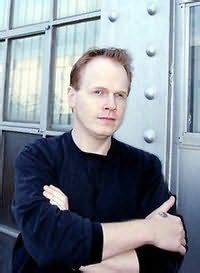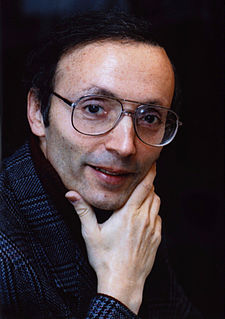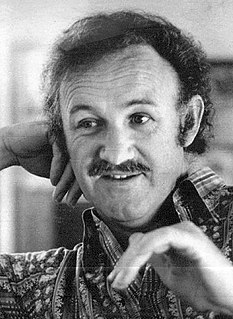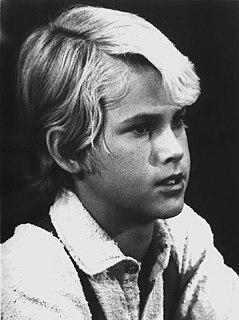A Quote by Deborah Moggach
A novel is utterly your own creation, a very private process. I think of a novel as a noun and a screenplay as a verb. In a novel, very little needs to happen; you can explore a person's memories and thoughts and fantasies. In a screenplay, it's all action; you must push the story on.
Related Quotes
Your opening should give the reader a person to focus on. In a short story, this person should turn up almost immediately; he should be integral to the story's main action; he should be an individual, not just a type. In a novel, the main character may take longer to appear: Anna Karenina doesn't show up in her own novel until chapter eighteen.
I wrote 'Yellow Submarine' for the Beatles. I wrote the screenplay for 'The Games,' about the Olympic Games. I wrote 'Love Story,' both the novel and the screenplay. I wrote 'RPM' for Stanley Kramer. Plus, I wrote two scholarly books and a 400-page translation from the Latin, and I dated June Wilkinson!
The graphic novel? I love comics and so, yes. I don't think we talked about that. We weren't influenced necessarily by graphic novels but we certainly, once the screenplay was done, we talked about the idea that you could continue, you could tell back story, you could do things in sort of a graphic novel world just because we kind of like that world.
One easy mistake to make with the first novel is to expand the short story. Some things are better as a story; you cannot dilute things into a novel. I think the first hundred pages of a novel are very important. That's where you set things up: the world, the characters. Once you've set that up, it'll be much easier.
A novel is what you dream in your night sleep. A novel is
not waking thoughts although it is written and thought
with waking thoughts. But really a novel goes as
dreams go in sleeping at night and some dreams are like
anything and some dreams are like something and some
dreams change and some dreams are quiet and some dreams
are not. And some dreams are just what any one would
do only a little different always just a little
different and that is what a novel is.
I see everything visually. It's very visual for me. And so I think, from a plotting standpoint or what have you, there's obviously a certain amount of internal thinking that goes on in a novel (that) you can't do...in a screenplay. But I think, pacing wise, my novels move quickly because (they aren't overly) descriptive.







































